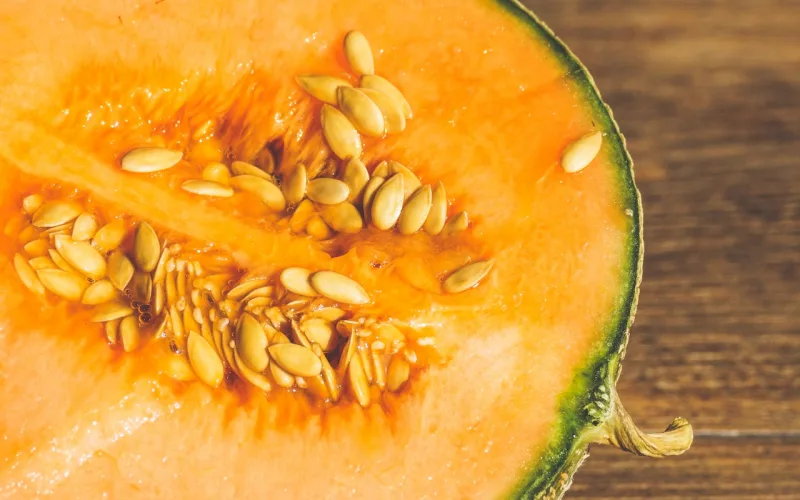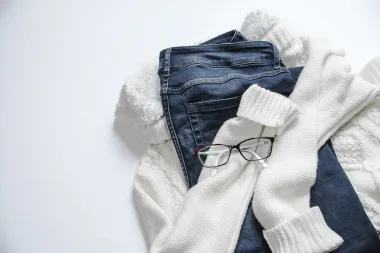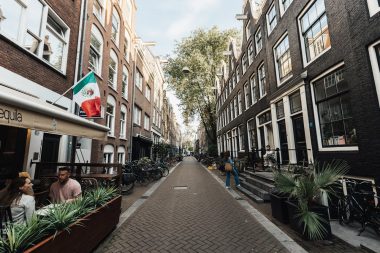Last Updated on August 16, 2023 by Ecologica Life
Fruit seeds: Those tiny, discarded parts of our fruit. Many of us casually throw them away without a second thought. But the question arises: Is tossing away fruit seeds the most environmentally responsible choice? Should we not remove the seeds and use them instead?
Table of Contents
The Case for Throwing Seeds in the Bin
Hygiene and Pest Control
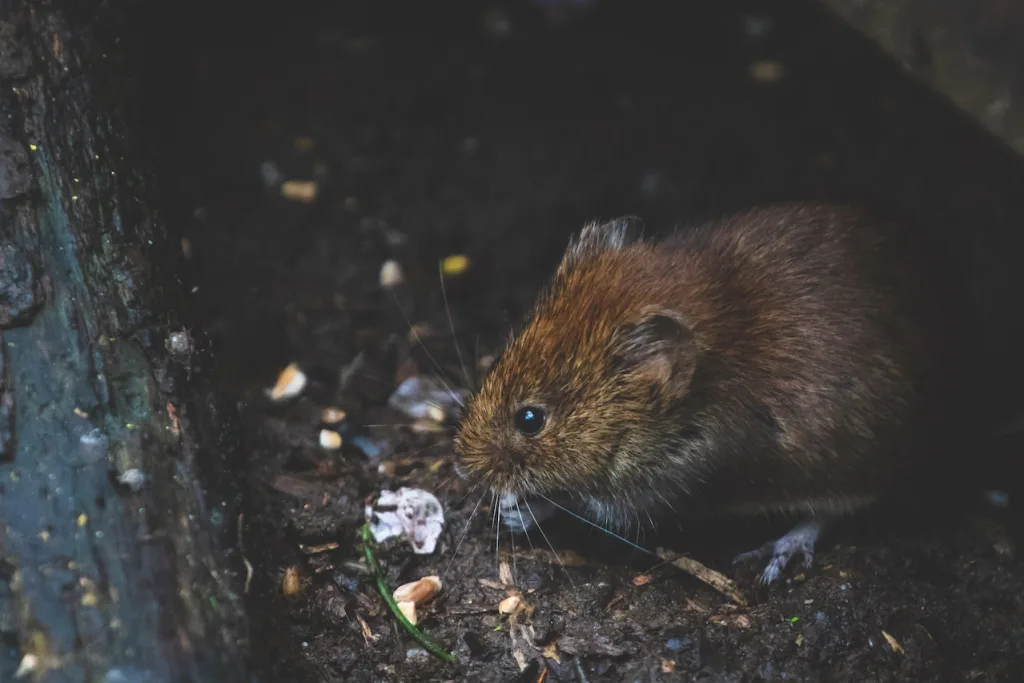
One of the foremost reasons for throwing away fruit seeds is to avoid attracting pests. Neglected organic waste, particularly in urban areas, can lure rodents and insects.
If you throw away seeds from time to time, they can become a breeding ground for mould and fungus. This is especially true in warm, humid climates.
Non-Native Species Concerns
A randomly discarded seed, could sprout, given the right conditions. This might sound environmentally positive until you realise that not all fruits belong to the local ecosystem.
Many fruit species are not inherently invasive. However, some fruits such as callery pear (from China), strawberry guava and even wild apples have invasive potential. Many fruits that we consume are grown worldwide so you shouldn’t have to worry. But it is worthwhile to consider if this particular fruit belongs here or not.
The Case Against Throwing Seeds in the Bin
Waste Reduction
People are increasingly worried about greenhouse gas emissions (GHG). Methane is one potent greenhouse gas that contributes to global warming.
There is a struggle to reduce methane emissions from landfills as they are big contributors to methane emissions. Methane is released from landfills during the decomposition of organic wastes like food scraps, wood, and paper.
We need to reduce the amount of waste that we throw away. Global pollution caused by human activity has led to rethinking our wasteful habits. Fruit seeds may not need to contribute to the methane issue. Perhaps we don’t need to toss away seeds at all.
A win-win solution is composting fruit seeds. By doing so, we reduce food waste that reaches our landfills while also enriching our gardens. The composting process breaks down the seeds, ensuring they don’t sprout in unwanted places.
Natural Decomposition
Nature has its own ways of recycling. Seeds left in the wild contribute to the nutrient cycle by decomposing and enriching the soil or sprouting to replenish the ecosystem. They might also serve as food for birds and other wildlife. Thus, playing a part in the food chain.
Potential for Replanting
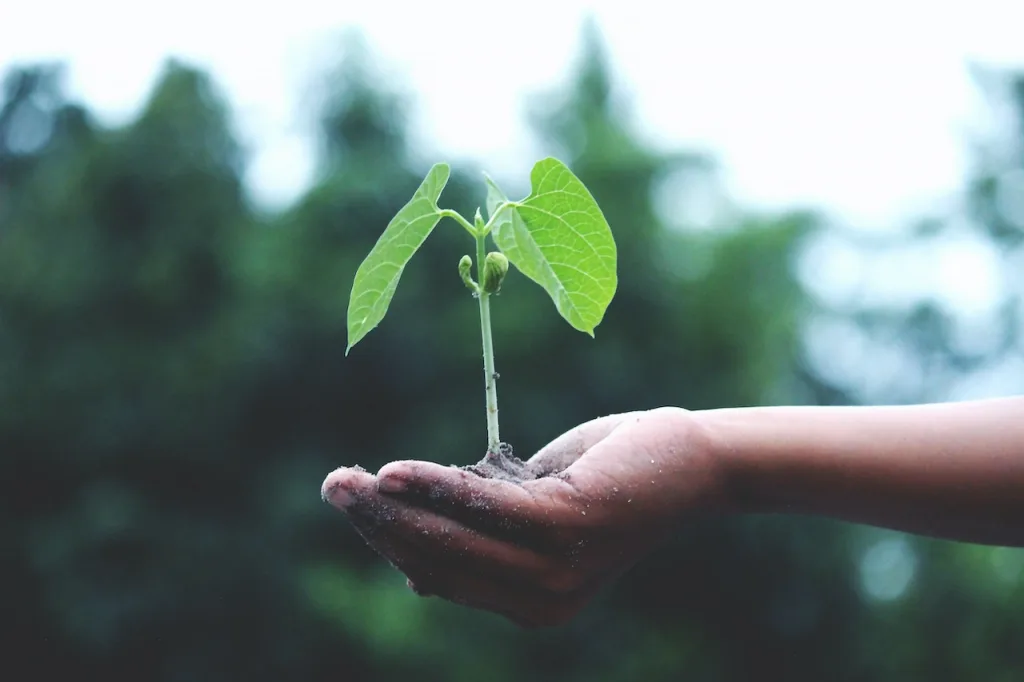
Those seeds are the promise of new life. With a little effort, they can be used to grow your own fruit-bearing plants. This not only reduces the carbon footprint associated with transporting fruit, but also ensures a fresh supply for your kitchen. Growing your own fruit ensures that you have access to organic, pesticide-free produce.
Trees absorb carbon dioxide, making them natural allies in the fight against climate change. A fruit tree also provides shade and aesthetics too.
Blessed are old people who plant trees knowing that they shall never sit in the shade of their foliage.
Old Indian proverb
6 Tips for Your Sustainable Garden
Educational Opportunities
Discarded seeds can be a learning opportunity. They can teach children about the life cycle of plants, sustainability, and the importance of biodiversity.
Conclusion
While the debate has valid points on both sides, our actions should stem from a place of awareness and consciousness.
Whether you decide to throw fruit seeds in the bin or not, make that choice an informed one. Consider the local ecosystem, the environmental impact, and your personal circumstances.
In the end, a sustainable future lies in our collective hands, one seed at a time.
Your turn: How do you deal with your fruit seeds? Share your practices and let’s learn from one another. Sow the seeds of sustainability.
